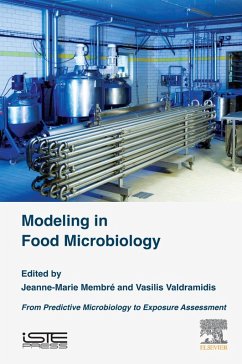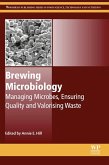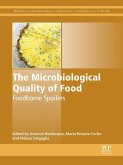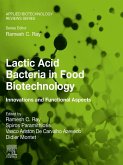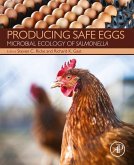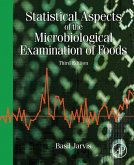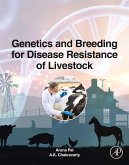This book provides an overview of the major literature in the area of predictive microbiology, with a special focus on food. The authors tackle issues related to modeling approaches and their applications in both microbial spoilage and safety.
Food spoilage is presented through applications of best-before-date determination and commercial sterility. Food safety is presented through applications of risk-based safety management. The different modeling aspects are introduced through probabilistic and stochastic approaches, including model and data uncertainty, but also biological variability.
- Features an extensive review of modelling terminology
- Presents examples of all available microbial models (i.e., growth, inactivation, growth/no growth) and applicable software
- Revisits all statistical aspects related to exposure assessment
- Describes realistic examples of implementing microbial spoilage and safety modeling approaches
Dieser Download kann aus rechtlichen Gründen nur mit Rechnungsadresse in A, B, BG, CY, CZ, D, DK, EW, E, FIN, F, GR, HR, H, IRL, I, LT, L, LR, M, NL, PL, P, R, S, SLO, SK ausgeliefert werden.

